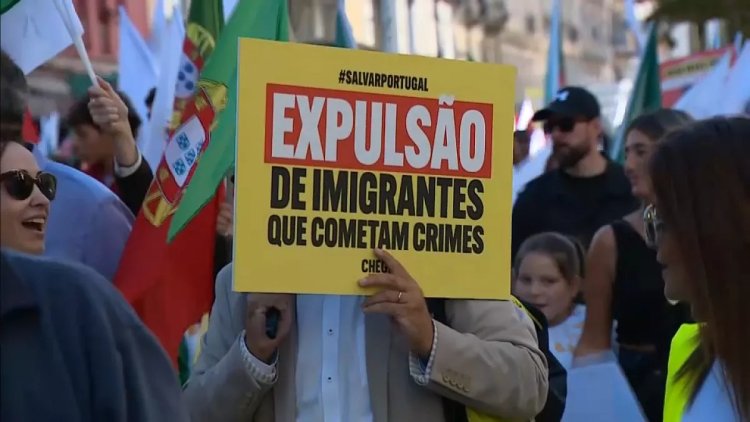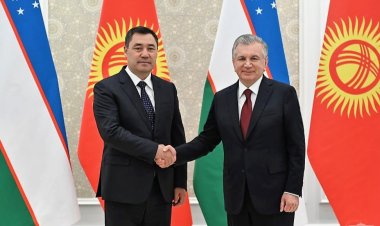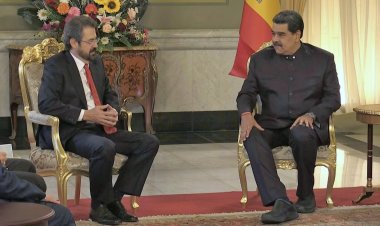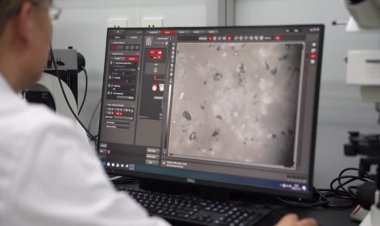Far-right Chega protests immigration in Lisbon

Thousands of supporters of Portugal's far-right Chega party marched through Lisbon, protesting against what they claim is uncontrolled migration and increased insecurity on the streets. The demonstration, led by Chega's president Andre Ventura, saw participants waving Portuguese flags and chanting "Portugal is ours" as they moved down one of the capital's main avenues, an area known for its cultural and ethnic diversity.
The march highlighted growing tensions over immigration in Portugal, where the foreign population has more than doubled since 2018, reaching over one million in 2023. This represents about one-tenth of the country's total population, according to the Agency for Integration, Migration and Asylum.
Chega, currently the third-largest party in the Portuguese parliament, has been advocating for stricter migration policies and pushing for a referendum on migration quotas. The party's growing influence reflects a rightward shift in European politics, as governments attempt to counter the rise of far-right movements.
During the demonstration, Chega supporters clashed with pro-migration activists, resulting in a brief altercation that required intervention from security forces. Two individuals were detained following the incident. The confrontation underscored the deep divisions within Portuguese society over immigration issues.
Pro-immigration activists countered the march with their own messages, displaying posters reading "No Portugal without immigrants" along the route. This counter-protest emphasized the ongoing debate about Portugal's traditionally welcoming stance towards migrants.
The demonstration comes in the wake of recent policy changes by Portugal's center-right government.
The situation remains tense, with both pro- and anti-immigration groups likely to continue their activism. As the debate unfolds, it will undoubtedly play a significant role in shaping Portugal's political landscape and social fabric in the coming years.















